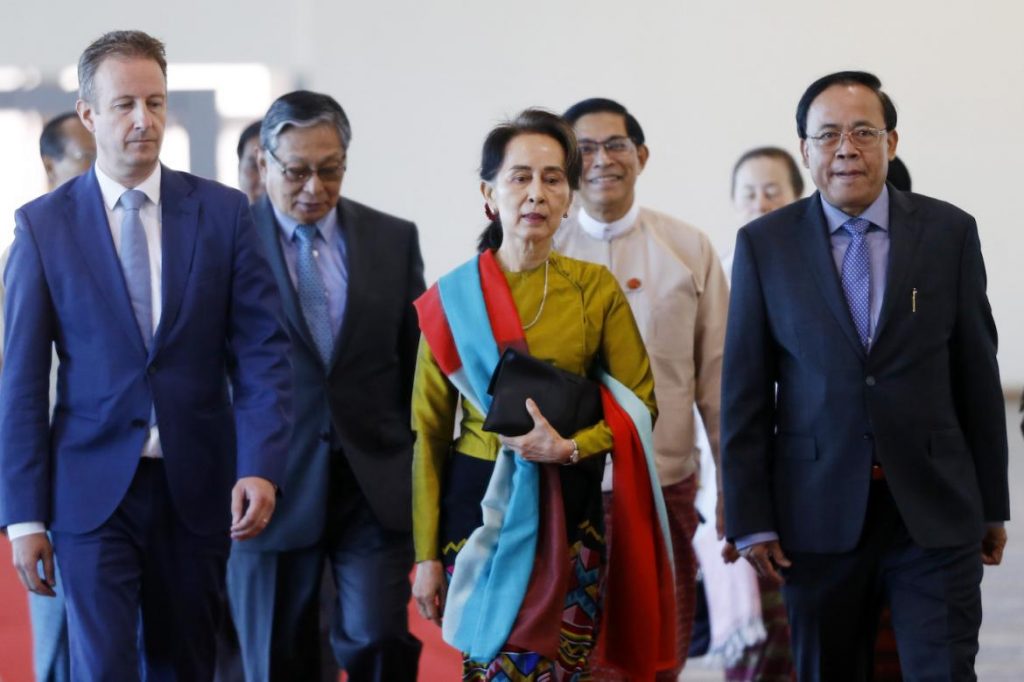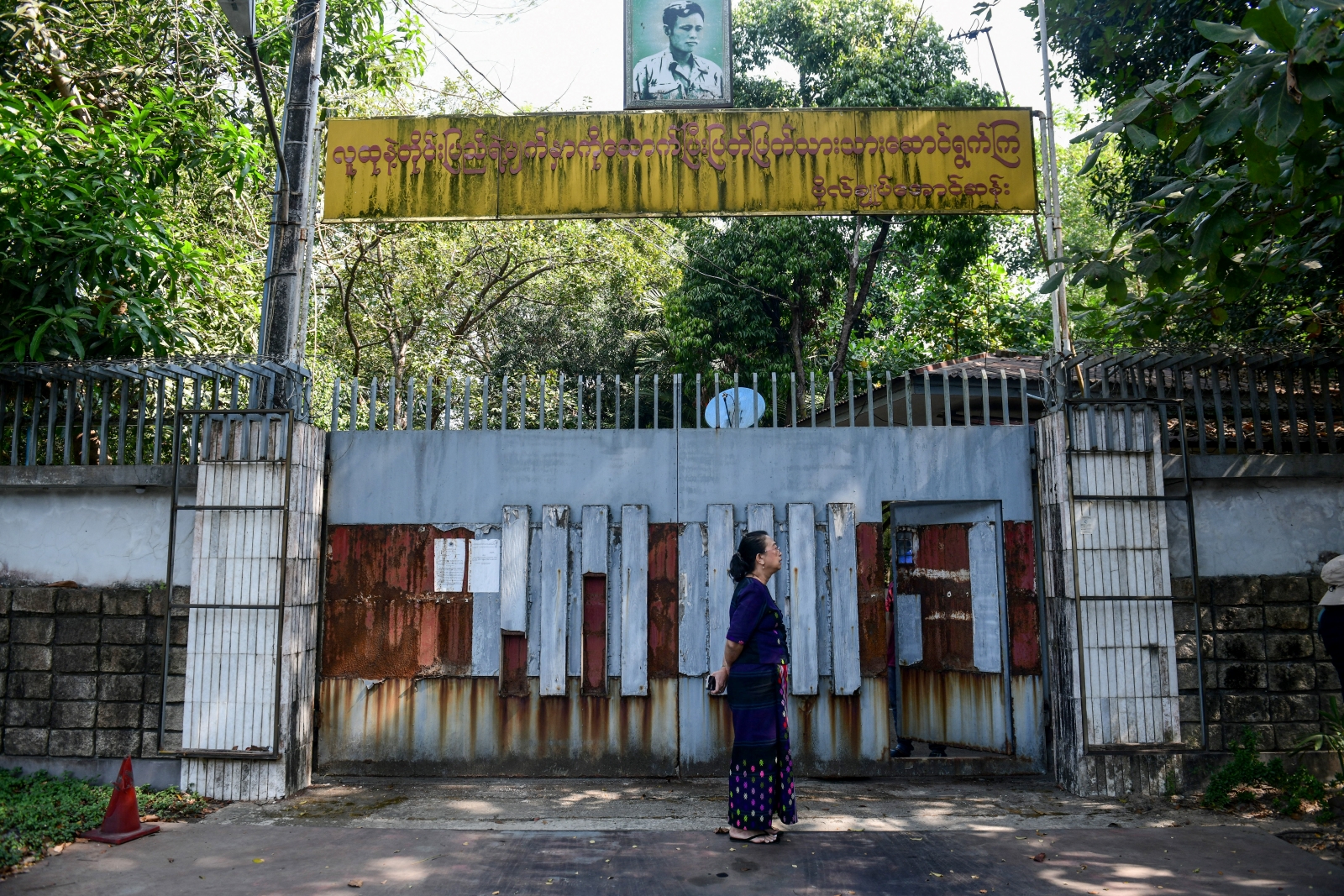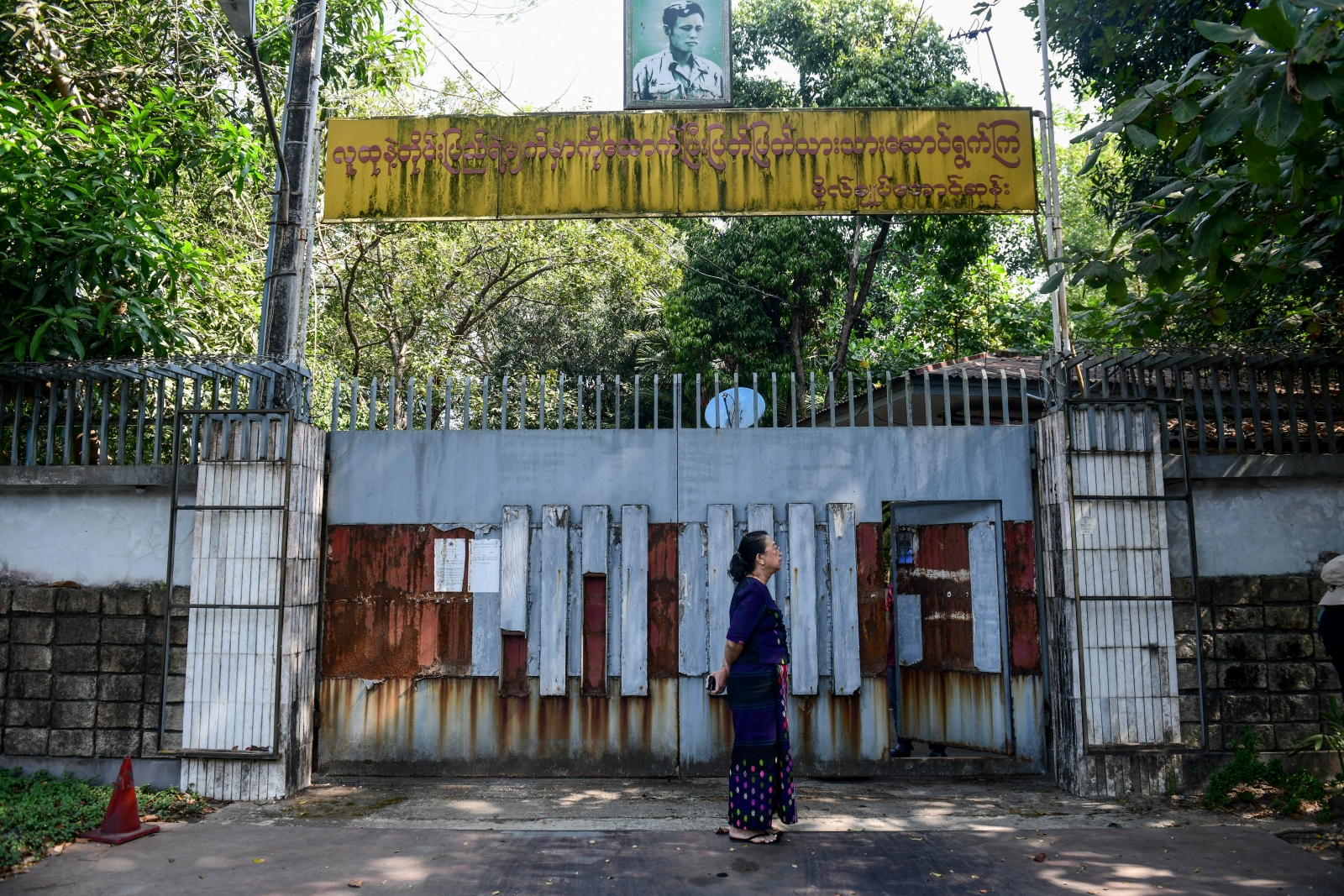By GEOFFREY GODDARD | FRONTIER
YANGON — A case with significant implications for Myanmar’s global image is due to open today at the International Court of Justice in The Hague, where State Counsellor Daw Aung San Suu Kyi will be personally defending her country against accusations that it committed genocide.
An application filed on November 11 by The Gambia on behalf of the Organisation of Islamic Cooperation asks the court to issue provisional measures aimed at ensuring that Myanmar immediately “stops atrocities and genocide against its own Rohingya people”.
During the public hearings, The Gambia will make oral presentations on December 10, followed by Myanmar on December 11, and both countries are due to address the court on December 12.
The case arises from the Tatmadaw “clearance operation” launched in northern Rakhine State in late August 2017 in response to coordinated attacks by the militant Arakan Rohingya Salvation Army on more than 20 security posts.
Support more independent journalism like this. Sign up to be a Frontier member.
The resulting Tatmadaw operation sent more than 740,000 Rohingya Muslims fleeing to safety in Bangladesh, where traumatised survivors arrived with accounts of extrajudicial killings, the mass rape of women and girls, and the torching of villages.
The government and the Tatmadaw have denied that atrocities occurred, except for isolated incidents such as the massacres at Inn Din and Gu Dar Pyin villages that were exposed by Reuters and the Associated Press news agencies.
In its complaint to the ICJ, The Gambia alleges that the genocidal acts committed during the clearance operation included the commission of rape and sexual violence on a massive scale.
Allegations about the use of sexual violence against ethnic minorities by the Tatmadaw are not new, and neither is denying that it occurred.
In June 2002, two Shan groups released a report that listed 173 incidents of rape and other allegations of sexual violence involving 625 girls and women in Shan State between 1996 and 2001.
The Shan Women’s Action Network and the Shan Human Rights Foundation said their report, called “Licence to Rape”, provided clear evidence that rape was officially condoned by the Tatmadaw as a “weapon of war” against civilians in Shan.
The Tatmadaw responded to the report in August 2002, in a commentary published in the “National Affairs” column in the Myanmar Times. The column had been imposed on the newspaper by Military Intelligence, which had assumed responsibility for the pre-publication censorship of the Myanmar Times because of capacity constraints at the Ministry of Information’s Press Scrutiny and Registration Division, which censored most publications.
The Tatmadaw commentary described the two Shan groups as “bogus” NGOs, which had made “unsubstantiated and obviously false allegations by the soldiers (and particularly the officers) of our Myanmar Armed Forces”.
The commentary asked why the Shan groups had taken so long to release the report if the alleged crimes had been committed since 1996.
“The answer for most intelligent people is simple enough,” the commentary said. “It is because these crimes did not take place at all except on paper”.
The commentary quoted the Myanmar ambassador to the United States, U Linn Maung, as saying that the “culture and traditions of Myanmar give high priority to the status of our women and violence against women in any form is totally unacceptable”. There were laws, codes, and mechanisms to deal with all perpetrators, the ambassador said, adding, “Legal action is always taken against those members of the Armed Forces who break the law.”
The commentary continued: “As for our officers to commit such a heinous offense, you could ask any foreigner who has had any dealings with Myanmar military officers of any rank, and they will tell you how polite and courteous they are to others, men and women alike, and that Myanmar men, by training and tradition are particularly chivalrous with women. It is a Myanmar cultural tradition, for a woman is of the same gender as one’s mother and as every student of Myanmar culture knows, parents, especially the mother, are due the same respect as the Buddha, Dhamma and Sangha.
“The very idea of rape is abhorrent to the Myanmar people and any one guilty of it is punished severely and ostracized by society.”
The commentary continued that foreigners who have lived in Myanmar “and know something of our history and culture know that in our society there is no such thing as a couple living together without benefit of marriage, that the girls remain virgins till they marry and that no male can force his attentions on a girl without her consent. There is no such thing as sexual harassment in government or commercial offices where hordes of pretty and educated girls work at all levels. Moreover society does not allow girls to walk around in revealing see-through dresses to tempt the opposite sex. That is true of all Myanmar girls including the Shan girls who are modest and shy and well-behaved.”
‘Iceberg of misinformation’
In the wake of the allegations regarding abuses in Rakhine State, there has been intense anger in Myanmar that international coverage of the Tatmadaw operation has not focused on the role of ARSA in contributing to the crisis.
In her first reaction to reports about the operation, in early September 2017, Aung San Suu Kyi said a “huge iceberg of misinformation” was distorting coverage of the crisis.
She said the fake news was “calculated to create a lot of problems between different communities” and to promote “the interests of terrorists”.
She was also quoted as saying that, “terrorism is new [for Myanmar] but the government will do its best to make sure this does not expand and spread all over Rakhine”.
The state counsellor’s comments about fake news had some justification because images purporting to be of Rohingya massacre victims that circulated on social media were traced to other incidents, including the Rwandan genocide.
In its case at the ICJ, the government is likely to argue that the operation was a justified response to terrorism, despite the coordinated attacks of August 2017 mainly involving ARSA-trained villagers armed with crude weapons, who launched what amounted to virtual suicide attacks on the security posts in which nearly 400 militants died, according to official figures. It is also likely to cite as an example of its determination to improve the economic and social environment in the undeveloped western state, the decision taken in 2016 to create the Advisory Commission on Rakhine State headed by the late former United Nations secretary-general, Mr Kofi Annan.
In a speech in Singapore on August 21, 2018, Aung San Suu Kyi said 81 of the 88 recommendations in the Annan report had been implemented, but she did not elaborate.
“The danger of terrorist activities, which was the initial cause of events leading to the humanitarian crisis in Rakhine, remains real and present today,” she told her Singapore audience.
“Terrorism should not be condoned in any form for any reason,” she said.
It seems likely that in defending her country against the accusation of genocide, Aung San Suu Kyi will rely heavily on the argument that the clearance operation launched by the Tatmadaw after the ARSA attacks in August 2017 was a legitimate response to an act of terror.
A challenge she faces will be to persuade the ICJ that responding to attacks that killed 14 members of the security forces and a government official justified a military operation that cost an unknown number of lives and sent more than 740,000 people fleeing to safety and an uncertain future in neighbouring Bangladesh.







